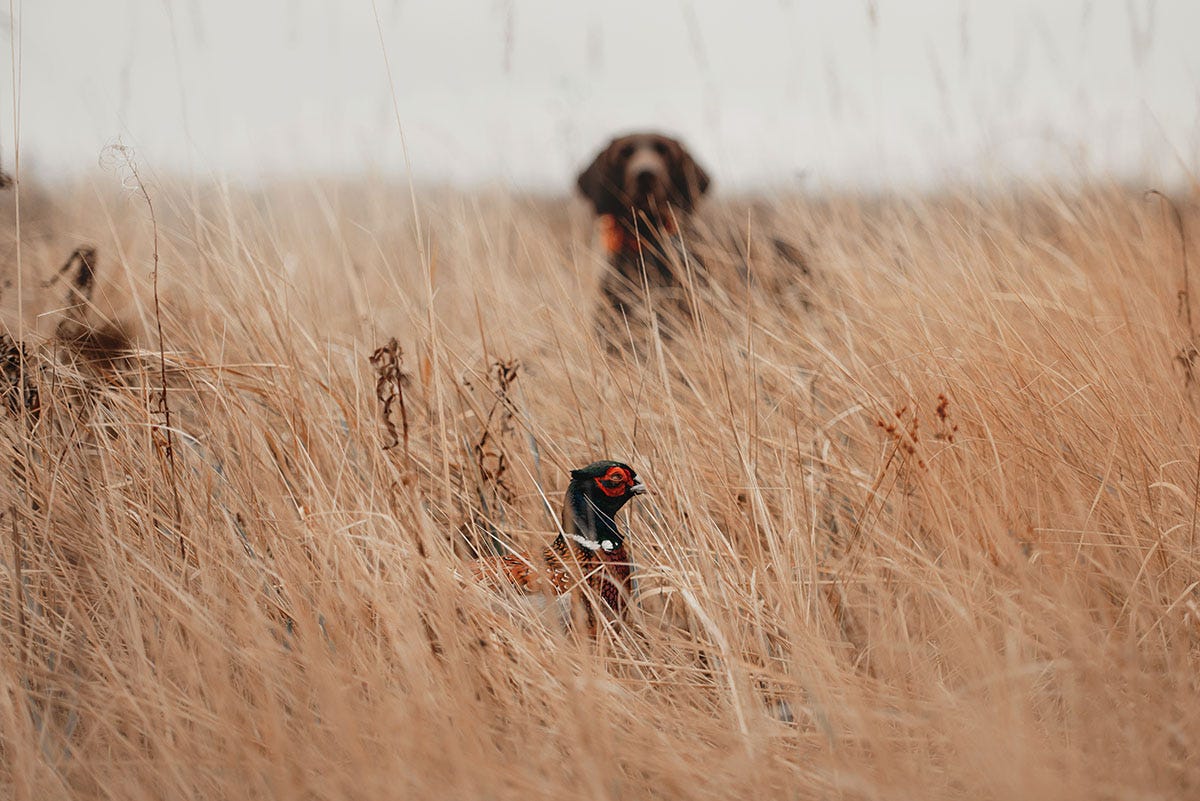If I had a dollar for every time a bird hunter told me I should get my own gun dog, I could eat at the French Laundry. Twice. Sorry, everyone, not gonna do it.
I travel too much, have zero experience training dogs, I like a clean house, hate barking, and, frankly, the idea of walking a dog in a blizzard doesn’t thrill me. And gun dogs, especially pointe…




